School of medicine
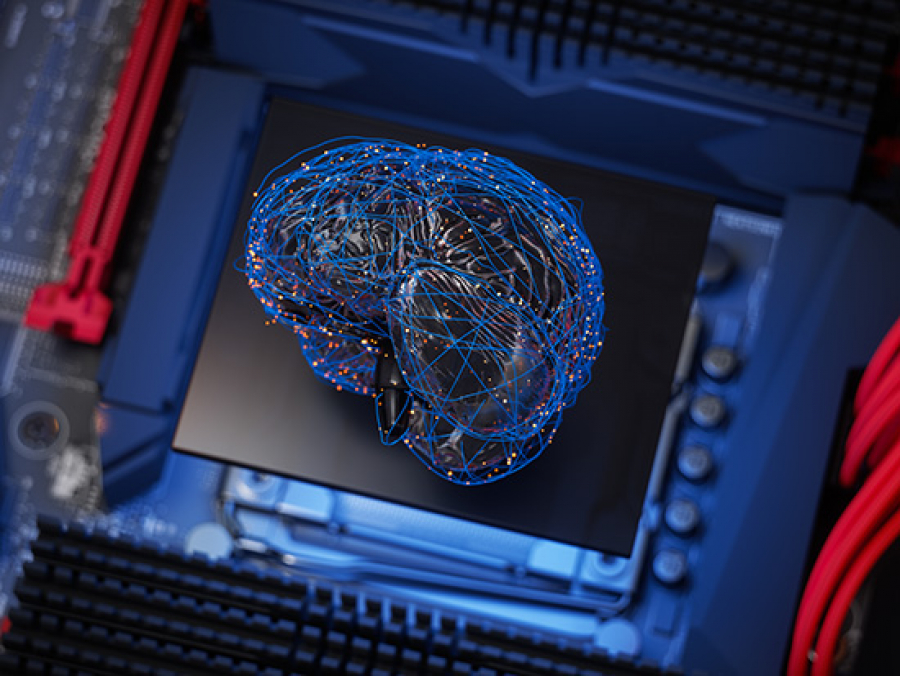
The fields of neuroengineering and brain-computer interfaces could have a tremendous impact on a number of neurologic conditions, such as stroke, neurodegenerative disorders, Parkinson’s disease, dementia and other brain diseases.
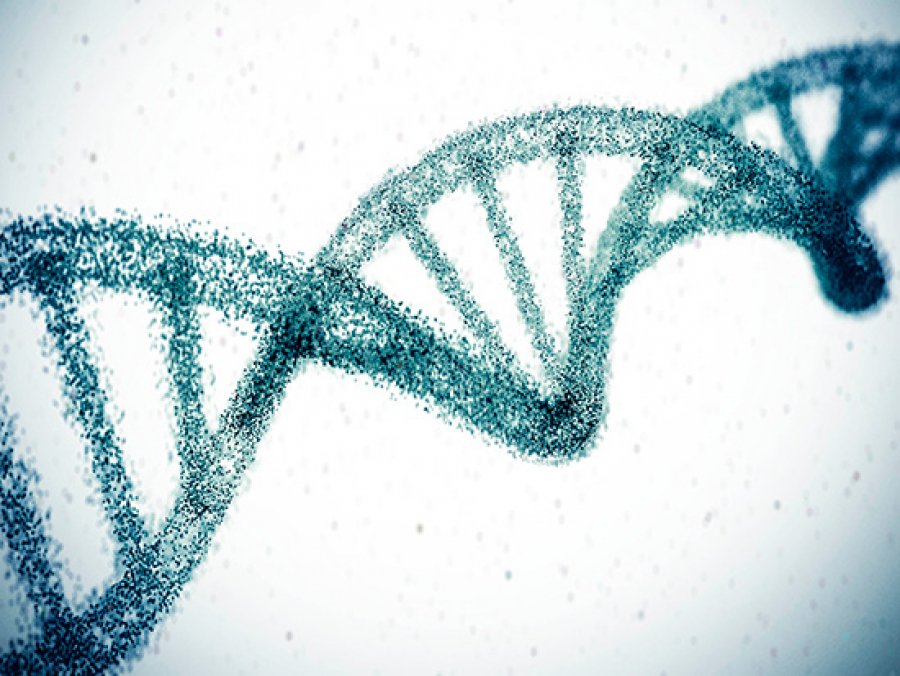
Traditional markers of cardiometabolic health may be lower in Black individuals, but the development of diabetes is more common in those with African ancestry.
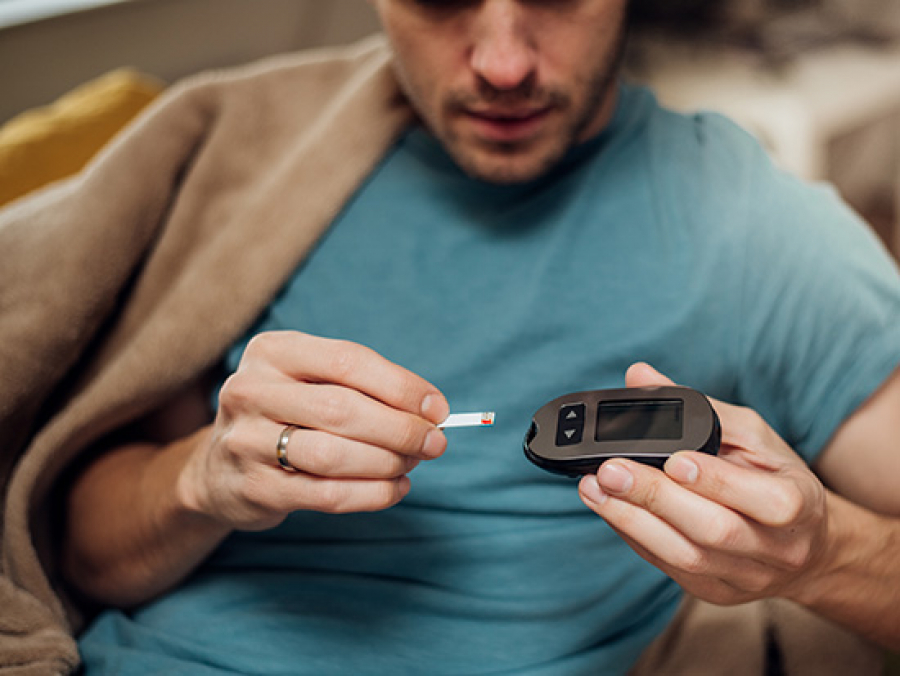
Benefits of the blood pressure medication verapamil include delayed disease progression, lowered insulin requirements and preservation of some beta cell function.

Organ donors save lives and help advance medical research.
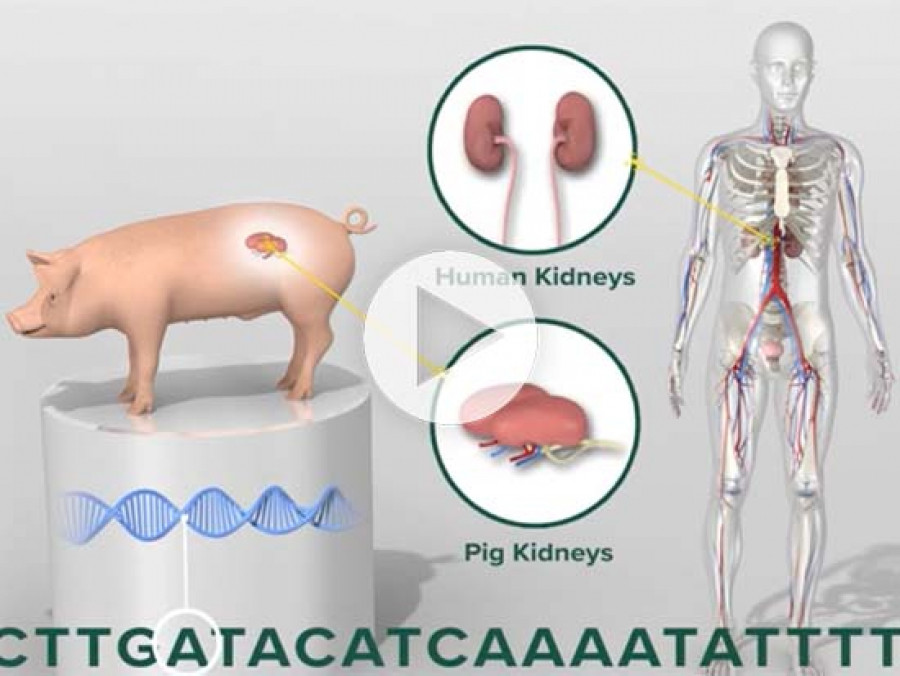
With news about UAB’s first peer-reviewed, published transplant of genetically modified pig kidneys into a brain-dead human individual, there are many questions about what this means for the future of transplant and how this will save countless lives moving forward.

UAB physicians are working on the next steps to begin compassionate or emergency use of the pig kidneys in living humans. Two major approvals will be required.

Megan Hays, Ph.D., provides tips on how to overcome burnout.
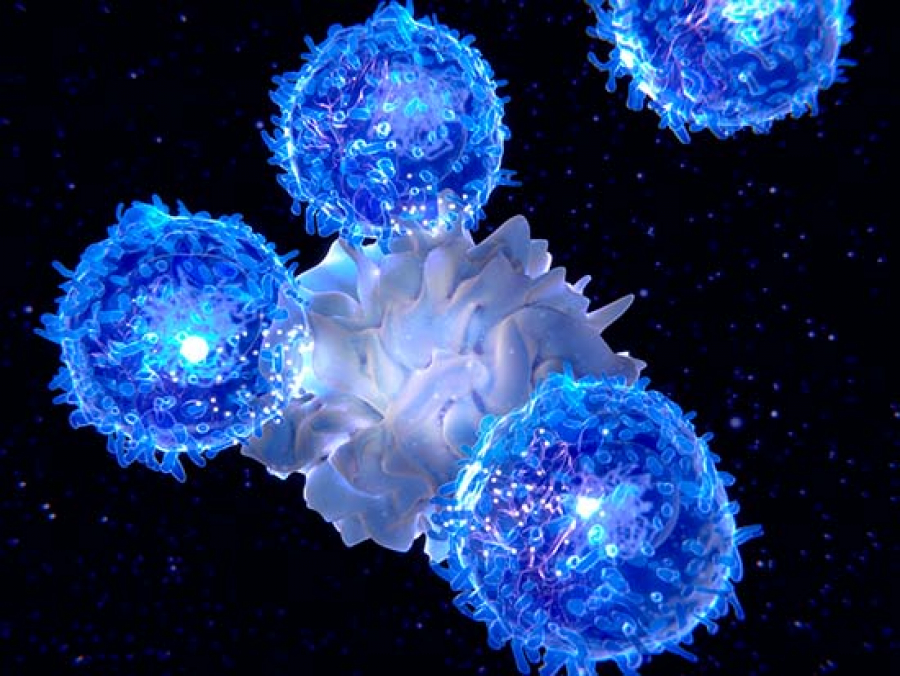
In response to a viral infection, intrinsic IL-2 production by effector CD8 T cells affects IL-2 signaling, leading to different fates for two subsets of those cells — the one producing IL-2 and the one not producing IL-2.
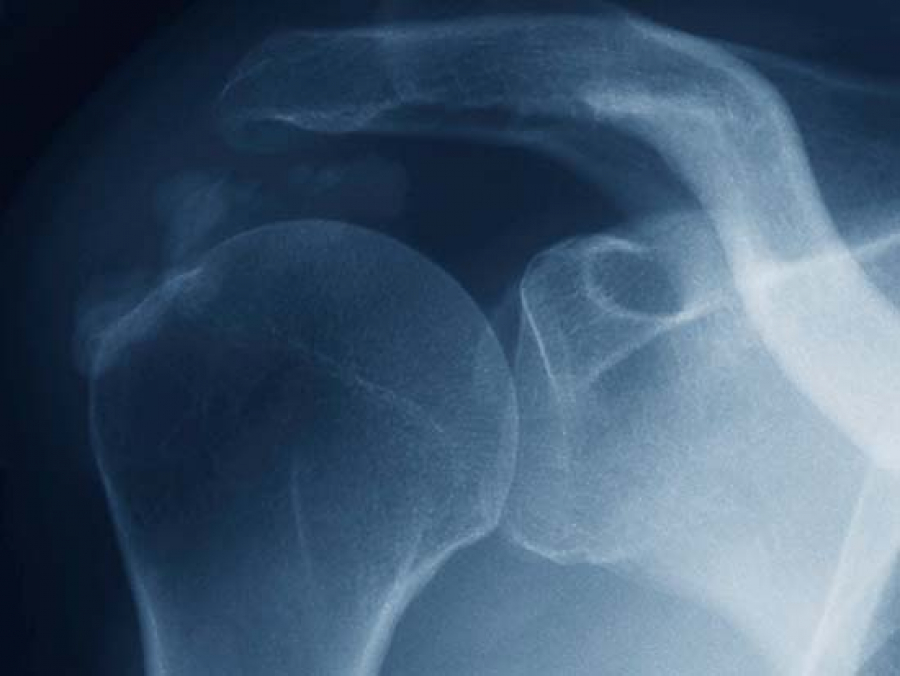
The new procedure uses a balloon to separate bones in the shoulder, reducing pain and allowing physical therapy a chance to work.
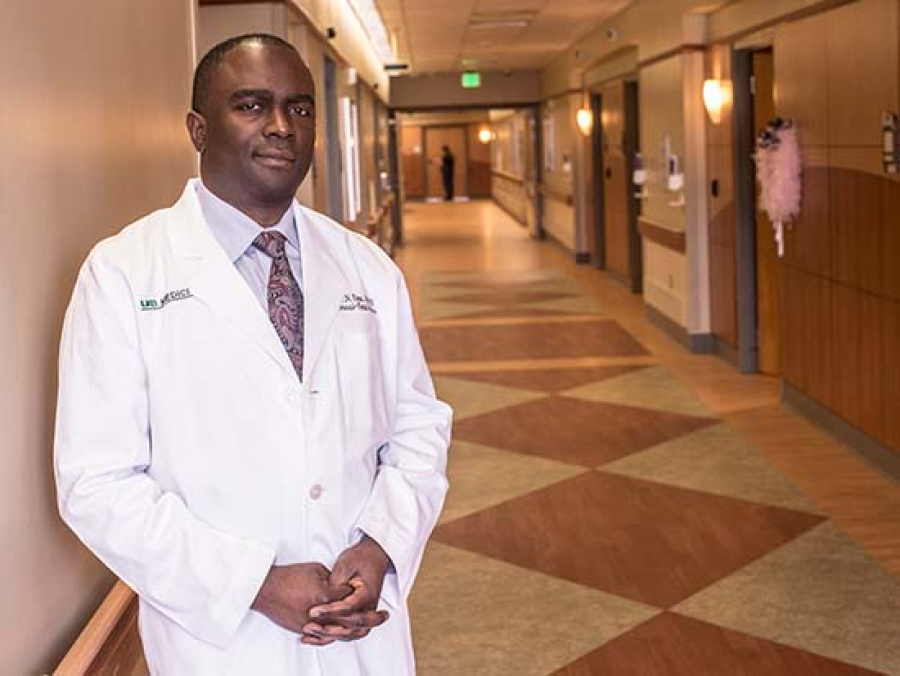
Consortium led by UAB researchers in the UAB Heersink School of Medicine and School of Public Health received additional funding to further study chronic hypertension and preeclampsia epigenetics participants enrolled in the CHAP trial.
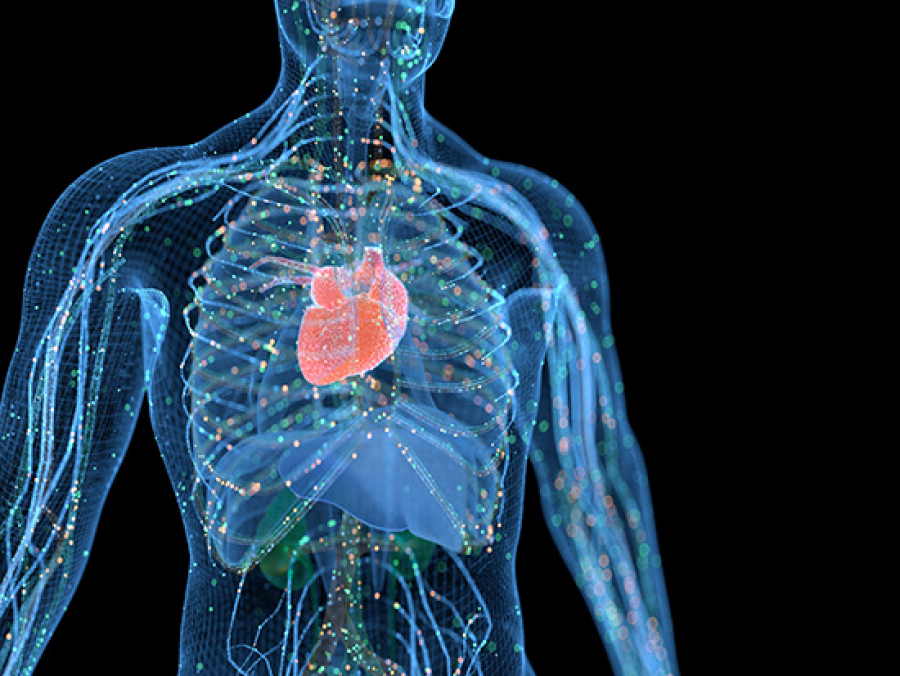
The Cardiogenomics Clinic uses a patient’s genetic history to help develop a personalized treatment plan based on their genetic results.
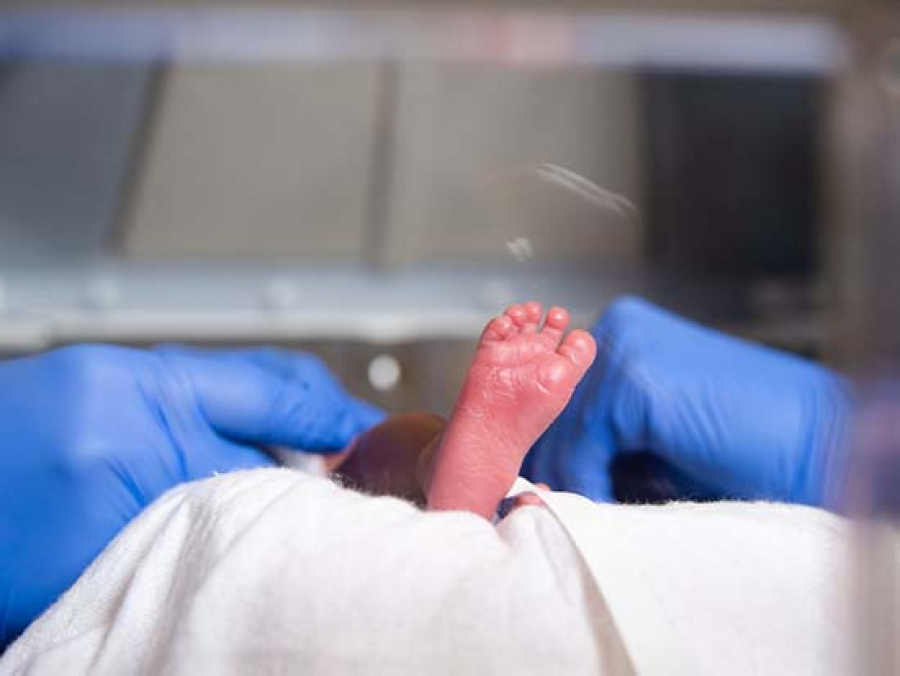
Death or severe brain bleeding in the first week after birth dropped from 27.4 percent to 15 percent after introduction of a bundle of evidence-based, potentially better practices for preterm infants. Median weight of the 820 infants studied was 1 pound, 10 ounces.

The findings represent the first study to examine whether metabolic adaptation, at the level of Resting Metabolic Rate (RMR), is associated with time to reach weight-loss goals.

For those who had COVID-19, lingering heart problems can complicate their recovery. UAB experts address common concerns that people have with their heart health after COVID-19.
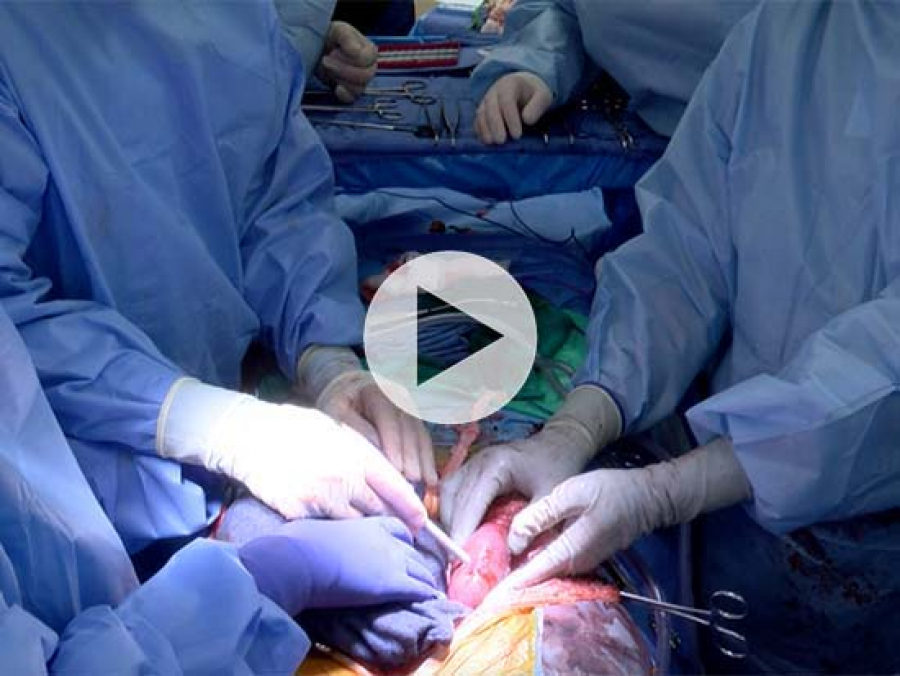
In the study published in the American Journal of Transplantation, UAB researchers tested the first human preclinical model for transplanting genetically modified pig kidneys into humans.

Jim Parsons’ legacy paves the way for thousands to potentially receive lifesaving organs through UAB’s xenotransplantation program.
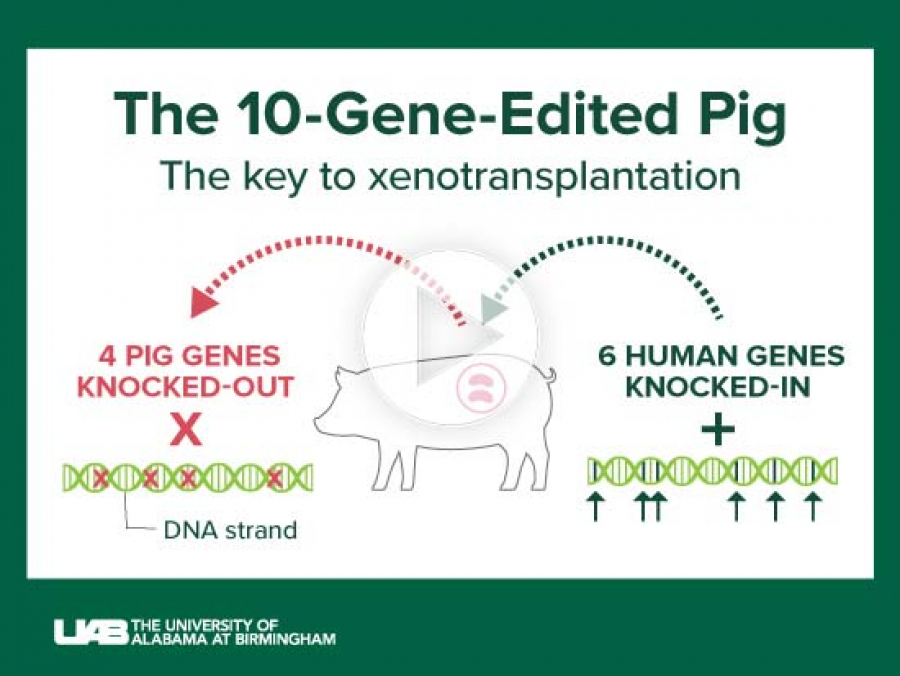
The human preclinical model at UAB provides important knowledge before a Phase I clinical trial can begin for living human recipients. Decades of work by researchers across the world preceded UAB’s first clinical-grade pig kidney xenotransplant.
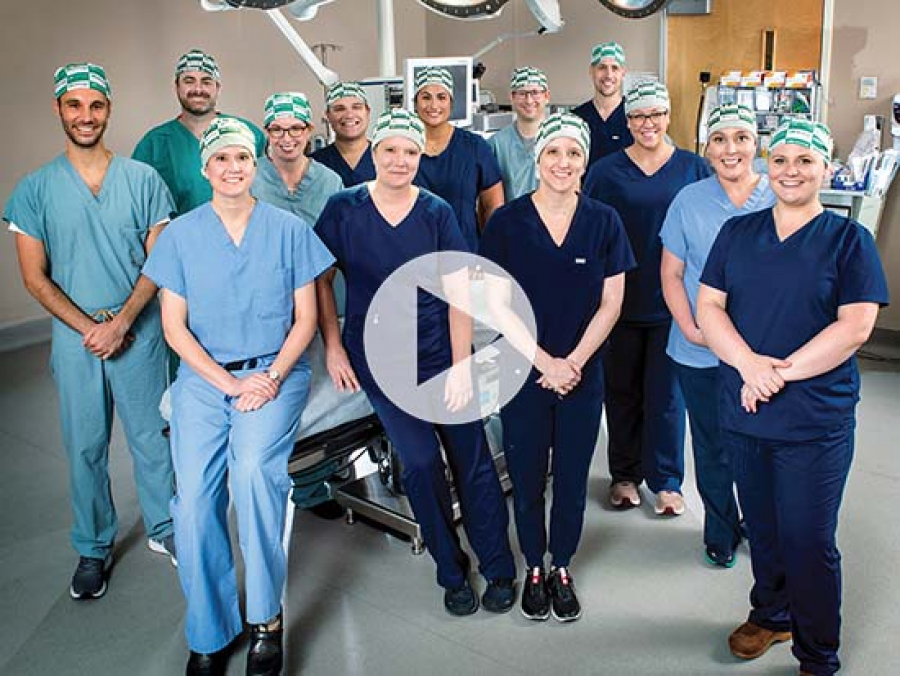
From its incompatible kidney transplant program to deceased donor programs, to xenotransplantation, UAB continues to seek ways to help patients who face end-stage renal disease.

As CEO, Vickers says his priorities will be in continuing UAB’s clinical and research excellence and working to eliminate disparities in health care throughout the state and region.
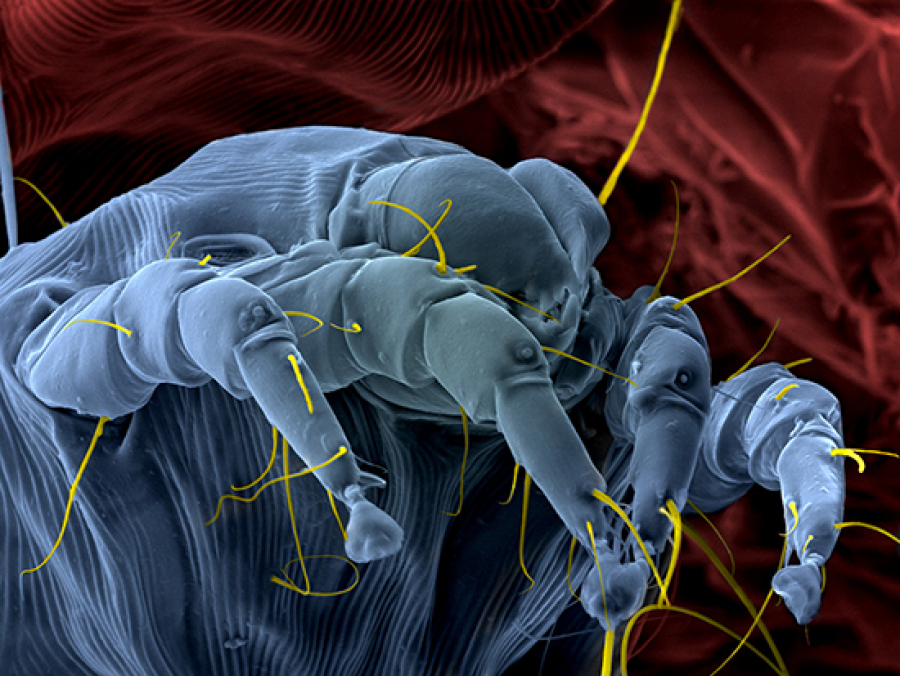
A detailed mechanistic study unravels how the bacterial endotoxin LPS prevents or promotes allergic disease.
Page 27 of 38